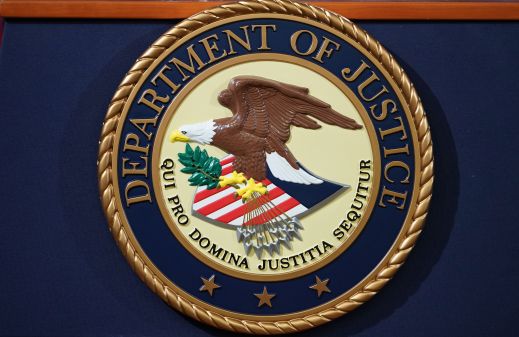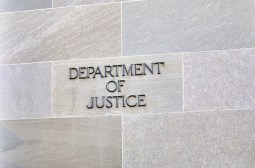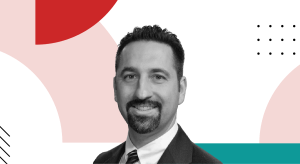Are social media companies doing enough to stop terrorist recruitment?
The world’s most popular social media sites and an increasing number of new, emerging social platforms have replaced members-only chat rooms and message boards as the preferred method of terrorist organizations to radicalize and recruit new members.
The Islamic State, for example, has managed to recruit more than 16,000 new members from half the countries in the world using social media, Assistant Attorney General for National Security John Carlin said Tuesday at a cybersecurity event in Washington, D.C. The drastic uptick in recruitment and the ability of groups like the Islamic State, also known as ISIL or ISIS, and al-Qaida to radicalize young people around the world is leading to tough new questions for social media companies from the government and private experts.
“What more can major social media companies do to stop terrorists from targeting and recruiting children?” Carlin asked. “The solution is going to have to involve a conversation with the companies that provide the social media services to combat this very real threat.”
Any future conversation will undoubtedly have to involve a growing number of social media companies. Terrorist organizations are well known to have made the move to Facebook, Twitter and YouTube. But these same al-Qaida franchises are now beginning to increasingly show up on platforms like Flickr, Instagram, Ask.fm, Friendica, Diaspora, JustPaste.it and SoundCloud.
A new study released Dec. 5 by the Middle East Media Research Institute puts Western social media companies at the heart of al-Qaida and ISIS propaganda and recruitment efforts. Today’s jihadi terrorists have a “total dependence on social media, which is in fact the core that is driving jihad worldwide today,” Steven Stalinsky, executive director of MEMRI, told FedScoop.
“Of the three major social media giants which jihadis use – YouTube, Twitter, and Facebook, and not to mention the many other smaller companies — Facebook is certainly the most proactive and respectable when it comes to removing terrorist content,” Stalinsky said. “However, groups including al-Qaida and ISIS as well as other designated terrorist organizations, such as Hezbollah, Hamas and the Taliban, are all active on Facebook.”
A spokeswoman for Facebook told FedScoop: “We do not permit terrorist groups, such as ISIS, to use our site, and we do not allow any person or group to promote terrorism or share graphic content for sadistic purposes. This has been our policy for more than five years, and something that we take very seriously.”
While Facebook has made progress in taking down pages that promote or support terrorist groups, Twitter seems to have had a tougher time and has been reluctant to talk about its efforts or plans to do so. A Twitter representative declined FedScoop’s request for comment and directed us to the company’s rules, which the representative said includes a “ban on violent threats.”

(Credit: Middle East Media Research Institute study)
MEMRI’s Stalinsky, however, is not impressed. He points to a tweet by Twitter CEO Dick Costolo after the beheading of American journalist James Foley in which Costolo pledged to identify and remove terrorist accounts that were posting beheading videos. The only problem has been that Twitter’s actions have not lived up to its rhetoric, according to Stalinsky. The next four murders carried out by ISIS – that of Steven Sotloff, David Haines, Alan Henning and Peter Kassig – were all announced via Twitter, with more graphic images of the beheadings and their aftermath.
“Terrorists groups have been freely using Twitter for years and nobody at the company would go on the record and give a statement about it when asked,” Stalinsky said. “I would state that most of what these social media companies say publicly is not accurate and is disingenuous. Instead of seriously tackling the issue, they are focused on dealing with bad PR.”
There are now tens of thousands of Twitter accounts operated by radical Islamic terrorist organizations and their supporters, according to MEMRI.
Follow @DanielVerton





